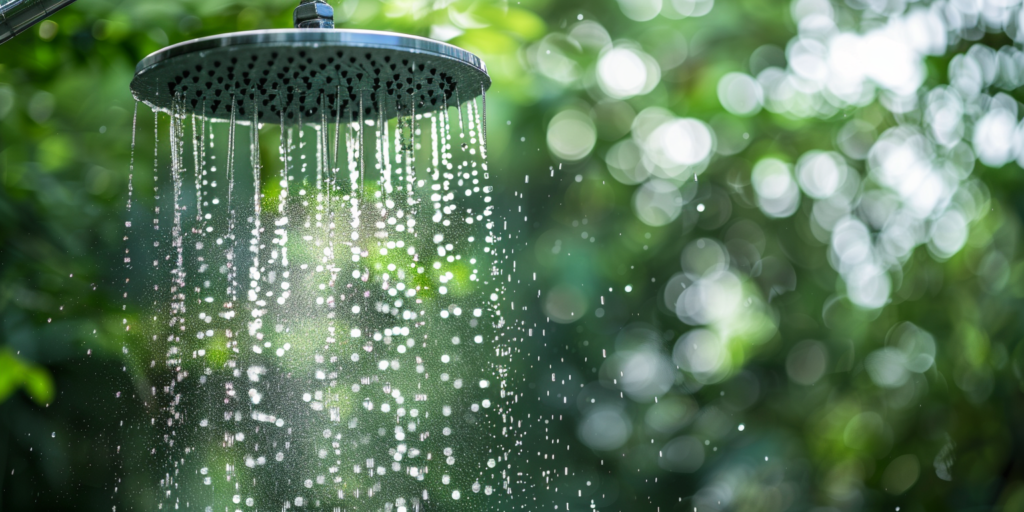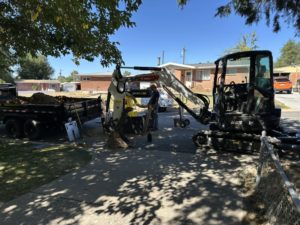Low water pressure can make your showers miserable. More time is required to fill a cooking pot, wash your hands, and complete other essentials. While low water pressure can be an irritation, it may signify a significant problem that requires prompt attention. What are some of the reasons to take a closer look at the cause of your home’s low water pressure as soon as possible?
1- A Failing Water Pressure Regulator
Your home’s water pressure regulator serves the critical purpose of moderating the flow of water through the pipes. When pressure is too high, serious damage occurs to the pipes and other water features. When the setting is lower than recommended, water flow is diminished. If the regulator is set too low, you could bump it up to 50 psi to resolve the problem. However, if the regulator is set at a reasonable level and low water pressure persists, your regulator may be failing. This requires a professional plumbing inspection and repair service.
2- A Leaking Pipe
Damage to the water supply line can result in water leaking into the ground soil or inside the home rather than reaching your faucets and fixtures as needed. This results in higher-than-necessary water bills, and the leak may expand over time. This creates progressively lower water pressure and higher water bills. If the clean water pipes inside your home are leaking, serious water damage and mold growth grow more likely with each passing day until the repairs are made. Keep in mind that some leaks are not apparent and can only be identified through professional techniques.
3- Clogged Water Lines
Clogged water lines are another cause of low water pressure and require prompt attention. If your home has copper, brass, or galvanized steel pipes, they will corrode over time. Generally, galvanized steel pipes can become clogged with corrosion after roughly two decades. Brass pipes will be impacted sometime between 40 and 70 years. If you have copper pipes, corrosion will become problematic after roughly 50 years. As the corrosion increases, the flow of water is increasingly restricted. This means that your water pressure will continue decreasing until the pipes are replaced. As your metal pipes get older, schedule periodic plumbing inspections. This will help you determine when to replace the pipes to avoid issues with water flow and leakage.
4- Hard Water Buildup
If your area has hard water, the minerals in the water can build up in your home’s pipes. This limescale continues to accumulate over time until it dramatically impedes the flow of water. The remedy depends on the severity of the buildup as well as the type of pipes you have. Keep in mind that hard water will continue to cause limescale buildup, so addressing the hard water situation is essential. Installing a water softener is a common and effective way to prevent limescale buildup.
Does your home have low water pressure? Because the causes of low water pressure can have serious consequences, a plumbing inspection should be completed as soon as possible.




